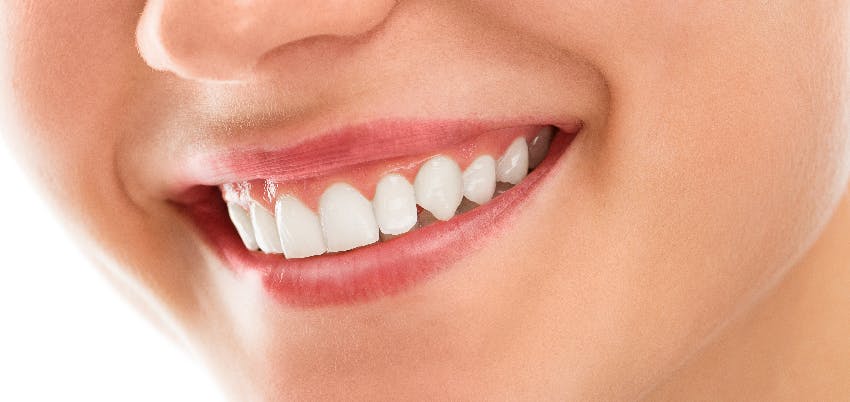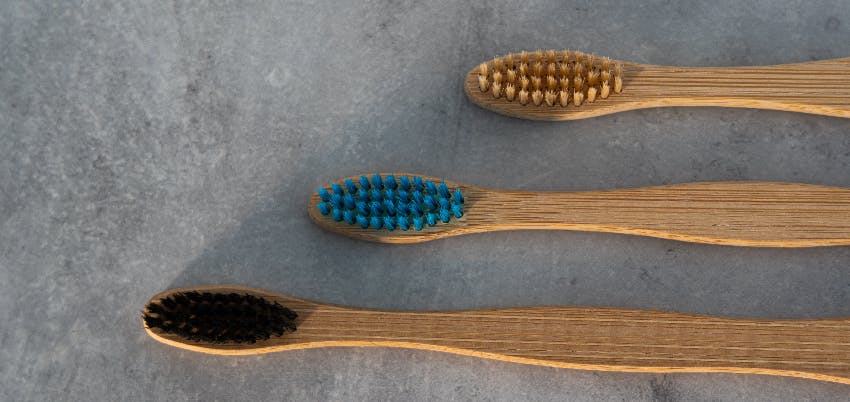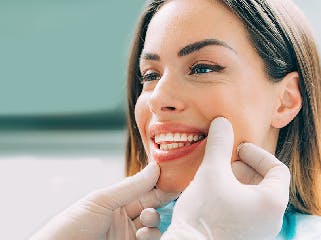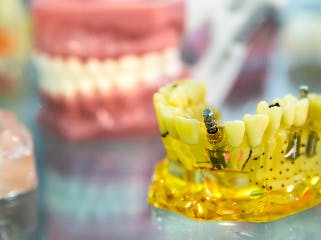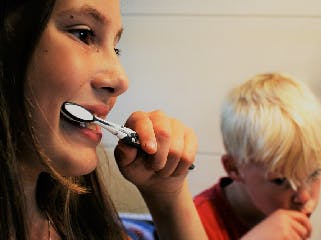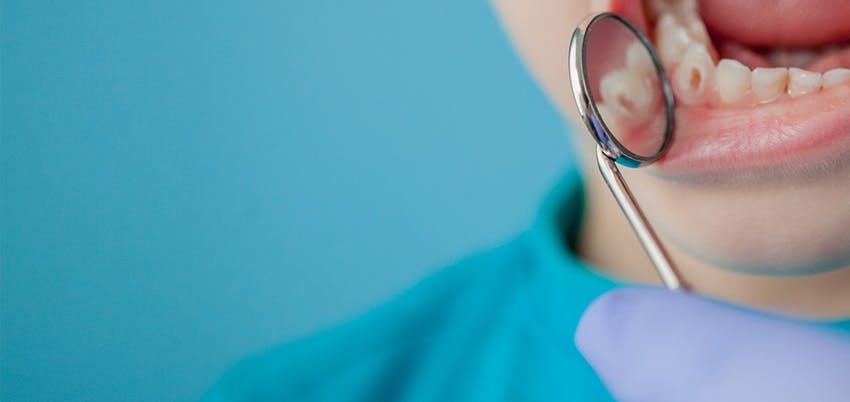
Recurrent tooth decay, why is this problem?
by Wildsmile
Tooth decay is a common problem, but when it happens again and again, it can be particularly frustrating. At Wildsmile, we understand the importance of maintaining a healthy, caries-free smile, so here we explain the reasons behind recurring tooth decay and how to prevent it.
Reasons that can lead to recurrent tooth decay
1. Inadequate Oral Hygiene: Poor oral hygiene is one of the main reasons behind recurrent tooth decay. If you don't brush and floss properly, bacteria build up on your teeth and create plaque that erodes tooth enamel, leading to tooth decay. Be sure to brush your teeth at least twice daily and floss daily to remove food particles and bacteria between your teeth.
.
2. High Sugar Diet: Sugars and refined carbohydrates are the preferred food of cavity-causing bacteria. Consuming excessive sugary foods and drinks can lead to the formation of acids that erode tooth enamel. Limiting sugars and opting for healthier choices can help prevent tooth decay.
3. Avoiding Regular Dental Visits: Regular dental check-ups are essential to detect and treat cavities in their early stages. Failure to visit the dentist regularly can result in untreated cavities that can become recurrent and more serious over time. Schedule routine dental appointments to make sure that any problems are addressed early.
.
4. Genetic Factors: Genetics can also play a role in predisposition to tooth decay. Some people may be genetically more prone to developing cavities, even if they maintain good oral hygiene. In such cases, it is even more important to maintain a rigorous dental care routine and visit the dentist regularly.
.
5. Tooth Enamel Problems: Weak or damaged tooth enamel can make teeth more susceptible to decay. Some enamel problems can be hereditary or caused by medical conditions. Your dentist can recommend treatments to strengthen tooth enamel and prevent future decay. .
To summarize, recurrent tooth decay can be the result of multiple factors, from poor oral hygiene to genetic problems. However, with a proper dental care, a balanced diet and regular dental visits, you can take steps to prevent and control tooth decay.
At Wildsmile, we're committed to helping you maintain a healthy, cavity-free smile. Don't hesitate to schedule an appointment for personalized guidance on your dental health!
Remember that with our Wildsmile Smart and Premium dental plans, dental consultations, fluoride application, and teeth cleaning are free, so you can take care of the health of your teeth and your smile. Plus, you get the best price on over 760 other dental treatments. Learn more about our Wildsmile dental plans by CLICKING HERE.
Want to learn more about this?
Contact us
Your contact request is registered. We will contact you as soon as possible.
Lorem ipsum dolor sit amet, consectetur adipisicing elit. Adipisci alias aliquid amet commodi dolor, dolore doloremque dolores fugit quod repellat.
 ENG
ENG

